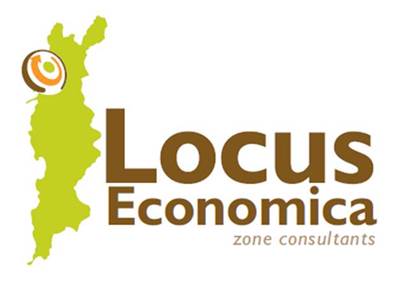Dar es Salaam, Tanzania
In 2005, Locus Economica Founder and CEO Jean-Paul Gauthier evaluated Tanzania’s legal framework for hosting SEZs on behalf of the World Bank’s Foreign Investment Advisory Service (FIAS), resulting in various recommendations in this regard. Tanzania’s efforts to establish SEZs resulted in the 2006 adoption of the Special Economic Zone Act. This act created SEZs regulated by the EPZA, which had already been supervising EPZs since 2002. As of 2018, there were 17 designated SEZ areas around the country, including 3 operational EPZs or industrial parks and 2 operational SEZs. There are at 140 licensed zone companies operating in the zones, total capital investments of $1.3 billion, exports of $1.5 billion, and employment levels of 60,000. In addition to these, the new BWM SEZ has the capacity to accommodate 20 factories and is projected to create 8,000 more zone jobs when complete. Moreover, the government is also building an integrated township called Star City in Tungi SEZ, with Phase I expected to be completed by 2025.

